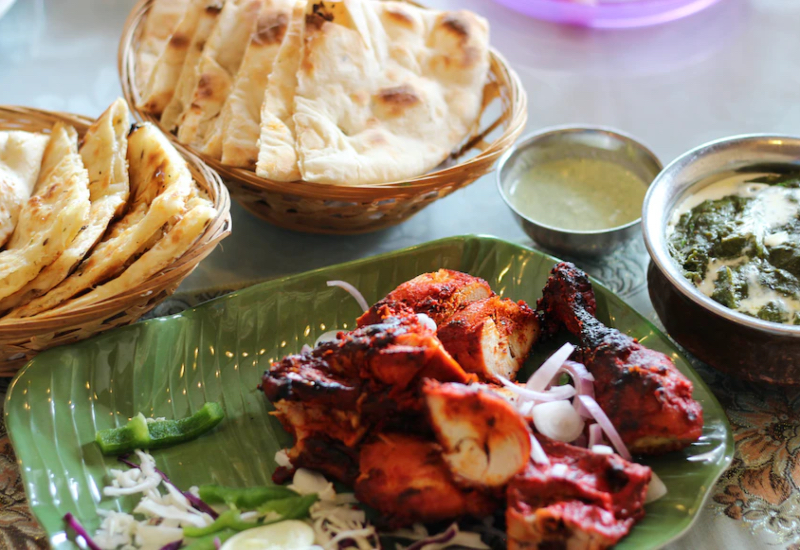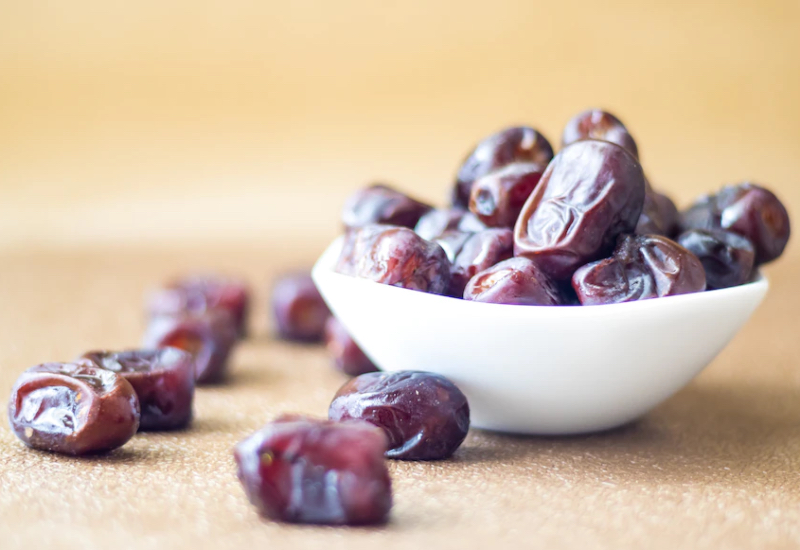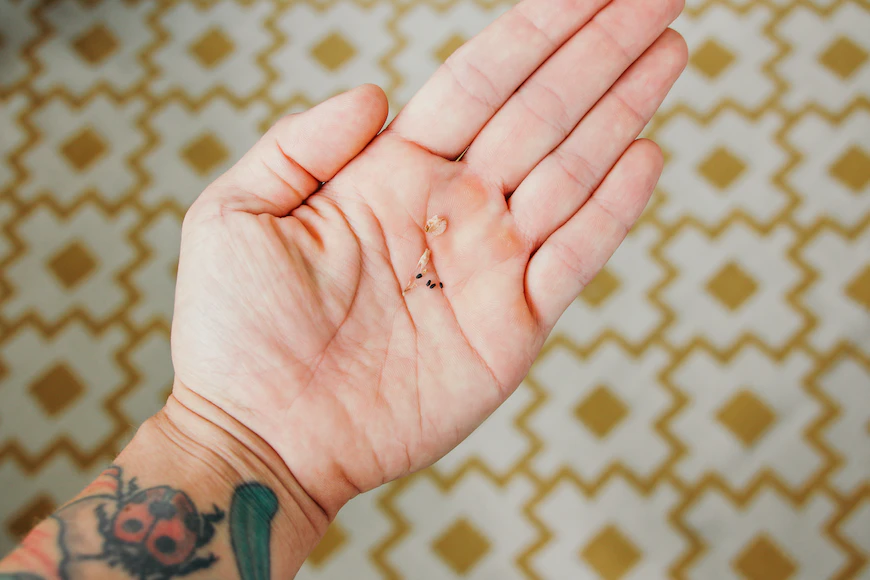However, science has also shown there is more to the religious practice of fasting. We took this opportunity to explore the science behind some of the customs and traditions practised during Ramadan.
Fasting

As fasting is the heart of Ramadan, we reached out to Naluri Hidup, a local health-tech company with the goal of bringing cutting edge psychological therapy services to Malaysians, to tell us more about it. Eng Seow Wei, Head Dietitian, spoke to us to shed some light to the science behind the religious practice.
Weight loss may be the most obvious benefit if done the right way. Seow Wei said that given that the body will be utilising stored nutrients such as fat for energy when the energy from the previous meal has depleted, it is crucial to maintain a healthy diet to prevent weight gain.
“Making the right food choices is one of the important components for maintaining a healthy lifestyle during Ramadan,” she explained, “For example, apart from drinking plenty of fluids, consuming fluid-rich foods, such as fruit, vegetables, yogurt, soups, and stews, is very important to replace fluid lost during the day and to start the next day of fasting well hydrated.”
Seow Wei added that some small studies have suggested there are short term improvement in health parameters like blood cholesterol and triglycerides during fasting, but more research is needed to confirm the results.
Dates

It is custom for Muslims all around the globe to break their fast with dates. The plump almost caramel-like fruit is sure tasty, but why is this so widespread amongst Muslims? The nutritional value of the date is high in sugar – comprising up to 70% of the fruit.
Dates are also good sources of iron, potassium, magnesium, sulphur, copper, calcium and phosphorus along with various vitamins, including thiamine, riboflavin, biotin, folic and ascorbic acid.
Basil seeds

Go anywhere during Ramadan, and the cool, fragrant rose drink with basil seeds or better known as ‘biji selasih’ will greet you. While it may not have as many benefits as its distant cousin, chia seeds, it does pack a punch in wholesome benefits. Some of the key active ingredients in basil seeds are dietary fibre, vitamin K, iron, protein, phytochemicals and other powerful antioxidants.
The most notable health benefits of basil seeds include their ability to improve digestive health, aid in weight loss efforts and to improve the health of the skin and stimulate the growth of new cells.
See also: How to plan your meals wisely during the month of Ramadan










